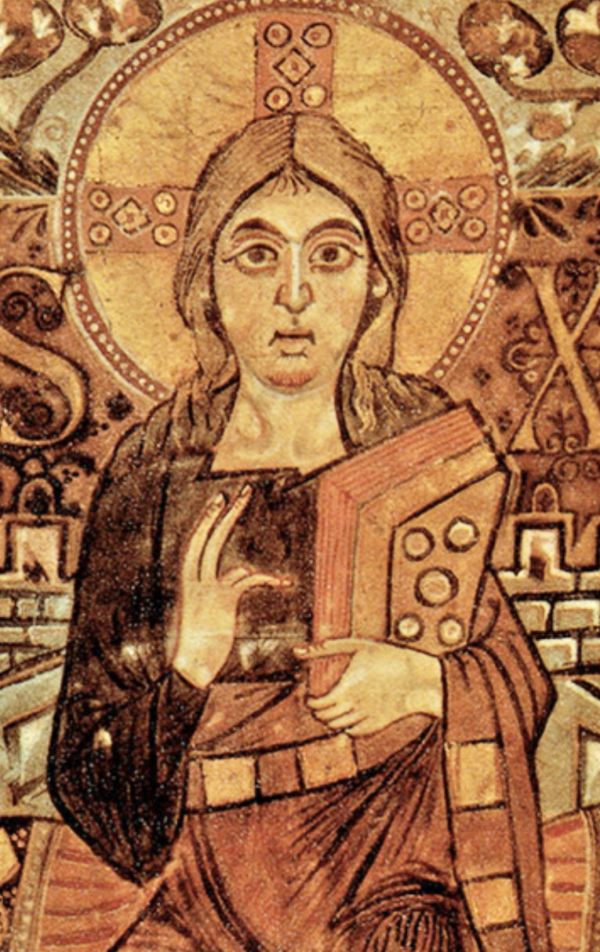The Other Way in the ministerial Church
(Jn 14:1-6)
«Let not your hearts be troubled. Believe in God and believe in me» (v.1).
Jesus invites to Faith in Him because He was condemned as a sinner, deranged and cursed, by the very teachers of the things of God.
His proposal for a «Way» breaks away from the illusory plots of religion without Exodus.
Disciples must learn to experience physical separation from the Master. And by process of love, as on a road trodden on foot, in Him continue to reach sisters and brothers.
Now they know the Father’s descending «Way»: the Person of Christ is all that mankind needs for a life redeemed from the subordination, the fears, the lies of ancient religion.
The itinerary is not individualistic and isolated. Nor does Jesus return surrounded by ostentation and power, for He never ‘left’: in the Spirit, He never separated himself.
He is the motor and motive, the force of the concrete journey, the dynamic principle that accompanies, guides and surpasses; as well as the purpose [not external].
He manifests himself and lives in the inner Mystery within us, not at the end of time or in a location (v.5).
The Incarnation continues in unique, ever new ways, which are identified in personal paths and especially in the relationship of working Faith.
Under the image of the House [almost divided into spaces] the Lord alludes to the new condition of Life and complete Communion with the Father.
The popular figure of the afterlife was linked to a certain number of "places" in which the devoted people would be housed, accommodated.
In this archetypal configuration, the Faith of believers introduces a different kind of representation, which fulfils and exceeds the ancient promises - no longer anchored in the usual distinction between vices and virtues.
Women and men have a «place» (v.2) [task, mission] already ready and assured: there we will be with the Son who Comes.
In the House of the Father there are many places (v.2), that is - according to sensitivity, inclination and history - various ways to serve the brethren; to fulfil oneself, to weave community relationships, to expand the presence of the Risen One.
The conscious and ministerial Church broadens the horizon of holiness and the apostolate.
We are all called to become fully involved members, collaborators in the work of salvation. Protagonists in the activities of the People of God, valuing each one - this is the Victory of the Son.
And the Assembly that reflects Christ is the outgoing one. A Fraternity that is not self-congratulatory about its static goals, but is moving [precisely: «Way»].
On this journey, it learns and deepens in an uninterrupted, increasing, growing way, the language of gratuitousness Love that gives spontaneously, without intimate dissociations or artificial conflicts.
Thus, the Church itself, with its wide range of collaborators (of equal dignity) is not afraid to question itself. On the contrary, from Exodus to Exodus it experiences, concretises and deepens its knowledge of the Father. Almighty because He provides for his lesser sons.
«Truth» [of God]: He is «Faithful».
Precisely on this orientation, here we are introduced to the decisive discovery: it is the Father himself who dilates, strengthens inclinations, our existential bearing. To the point of recovering opposites.
God does not vampirize us, but rather expands existence, transmitting the fullness of being multifaceted; thus communicating his own «Life».
The end of God's invisibility.
[Friday 4th wk. in Easter, May 16, 2025]












